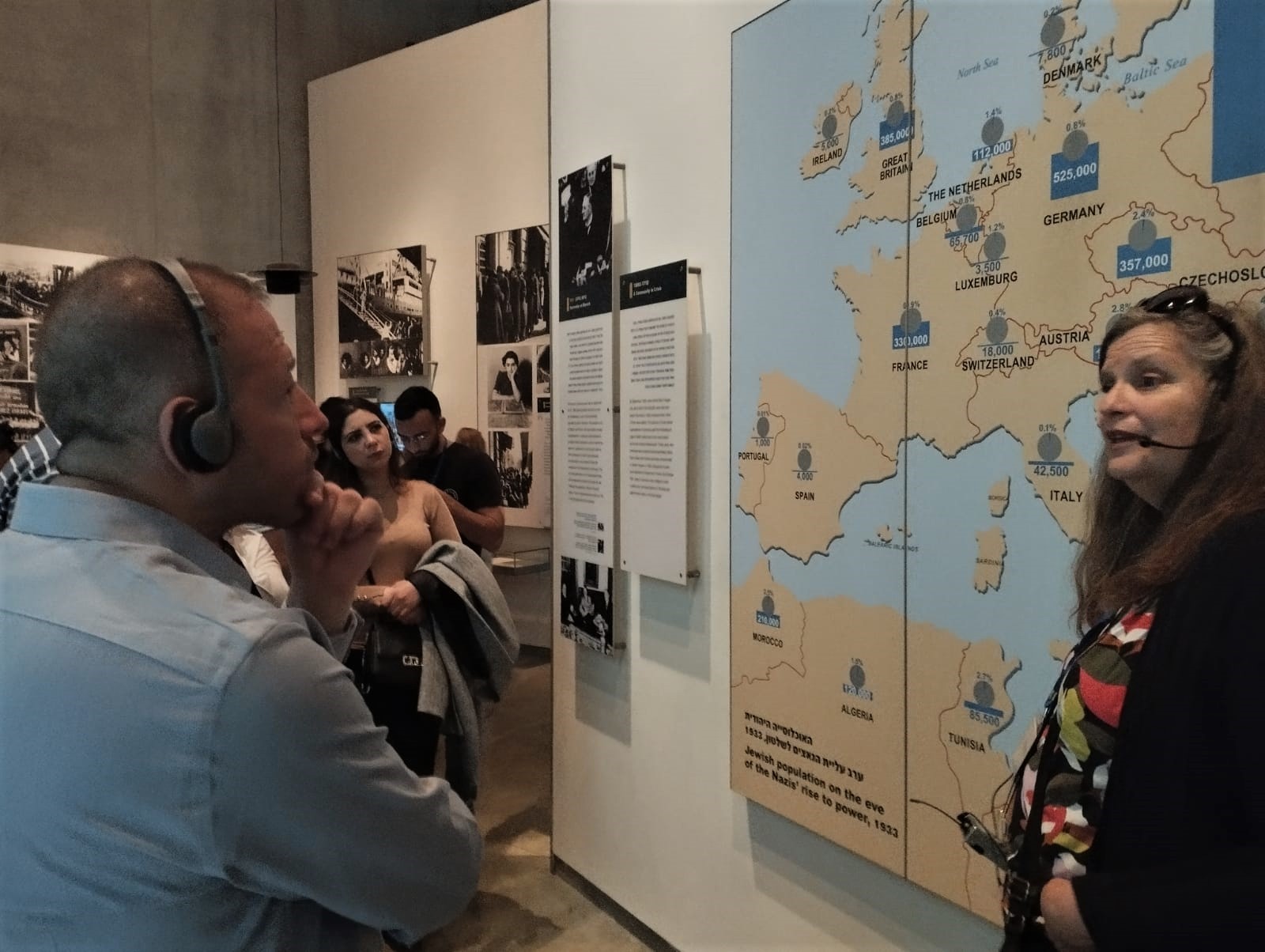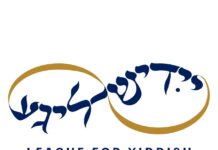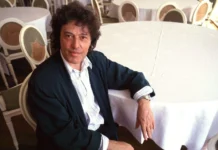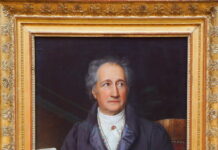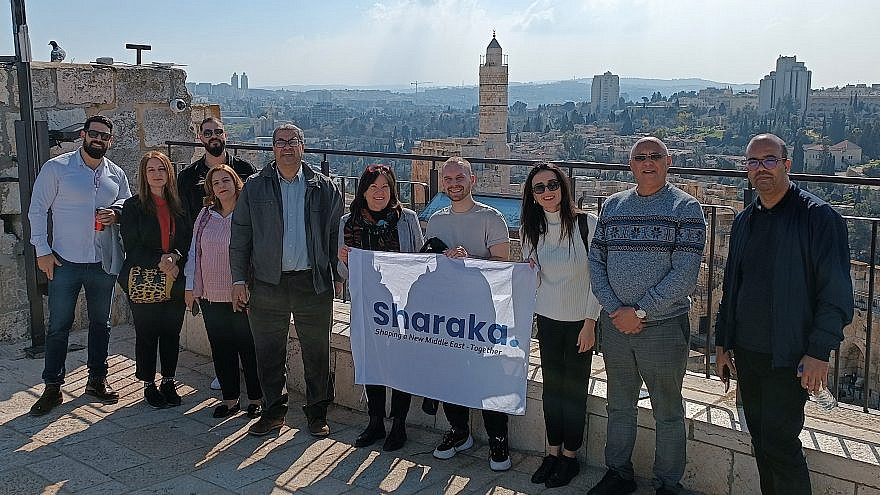A delegation of people from Algeria, Bahrain, Iraq, Lebanon, Morocco, Syria and Turkey visited Israel from Feb. 26 to March 3 to learn about the Holocaust as a way to promote tolerance.
The visit, during which Israeli Arabs joined the group, was organized by the nonprofit Sharaka with the Claims Conference (the Conference on Jewish Material Claims Against Germany), also a nonprofit.
Sharaka intended the trip to assist those in the Arab world to launch Holocaust-education programs in their home countries, while also using the Holocaust to teach about the broad dangers of extremism and promote tolerance, according to a Sharaka release. To that end, one of the main visits was to Yad Vashem: The World Holocaust Memorial Center in Jerusalem.
Participants on the recent trip told JNS that what they learned in Israel often differed considerably from the education they received growing up in the Arab world.
Sarah Halwachi, a marketing and PR professional in Bahrain who studies Hebrew and is interested in promoting peace with Israel—and who grew up there—told JNS that she learned “a bit” about the Holocaust and Nazi Germany, “mostly within the context of World War II.”
Amir Al Sheikh, an Israeli Arab Muslim, told JNS that the trip helped him better understand what the Jewish community suffered during the Holocaust.
“One of the most impactful things I saw at Yad Vashem was all of the property that the Jewish people left behind, including watches, shoes and clothes,” he said.
Learning about the Holocaust in a deeper way than they were used to, participants noted the enormity of both the hatred and the barbarity.
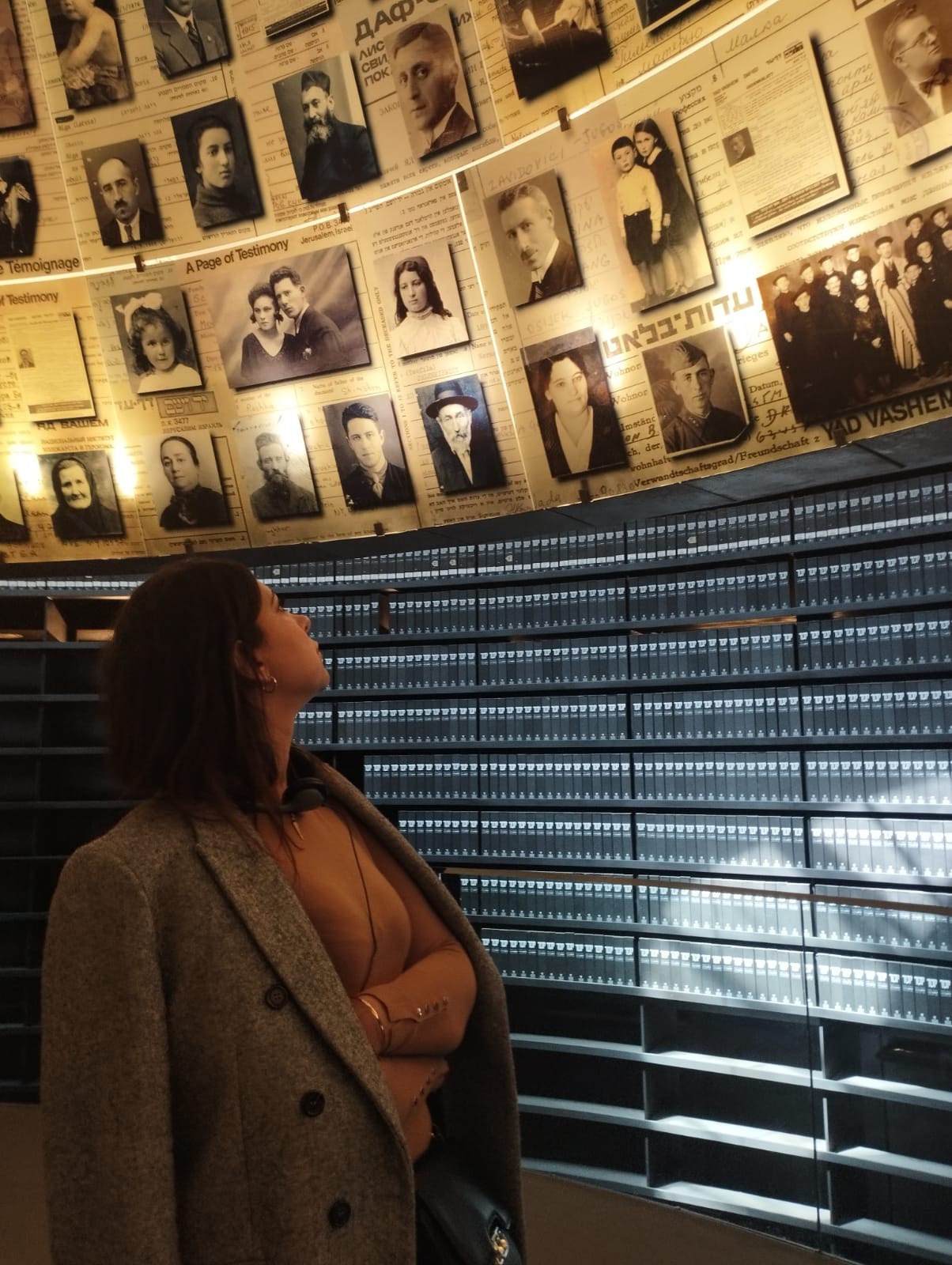
‘A moment of collection and reflection’
Mohammed Hatimi, a history professor at Sidi Mohamed Ben Abdellah University in Fez, told JNS that he knows a good deal about Jewish history, including the events that led up to World War II and the Holocaust, as well as its aftermath.
“Knowing wasn’t enough,” he said. “What I truly needed was a moment of collection and reflection. This program was a real opportunity to fix ideas and to root my convictions.”
Hatimi also appreciated the program’s focus on both contemporary Israeli society and the Holocaust.
“By its cruelty, it outpaces all atrocities in history,” he said of the Holocaust. “Obviously, the Jews were the central target, but what happened under Nazi rule could happen elsewhere.”
Participants told JNS that they found the discussion about King Mohammed V of Morocco (1909-1961), who saved Jews during the Holocaust, particularly instructive. Some scholars question the degree to which the ruler acted heroically towards Jews then. But the U.S. Holocaust Memorial Museum states that Mohamed V is “remembered by the Moroccan Jewish community for his courageous protection of Jews facing Vichy French persecution during World War II.”
“One thing that really moved me was the courage of the late king,” said Fayçal Marjani, president of Association Maroc Coexistence, a nonprofit devoted to countering racism, antisemitism, xenophobia, extremism and hate speech.
“He saved his Jewish subjects, considered them Moroccans before Jews and vocally opposed racial laws against Jews,” he said. “This was particularly brave, as he was a young king and his country was occupied by Vichy France.”
A positive theme that resonated with trip participants was the need for coexistence between Muslims and Jews. Halwachi stressed the importance for Muslims and Jews in the United States to “get together, learn about differences and similarities, and be empathetic towards each other.”
“Arabs also need to fight anti-Jewish propaganda that still exists in their societies,” she said.
“Muslims and Jews in America need to learn and respect each other’s culture and history, and the youth need to sit together and discuss how we can live together,” emphasized Al Sheikh. “Our communities need to understand that we are all human, and there is no reason to fight each other. As an educator for youth, I will educate my students against racism in our country and in the world.”
